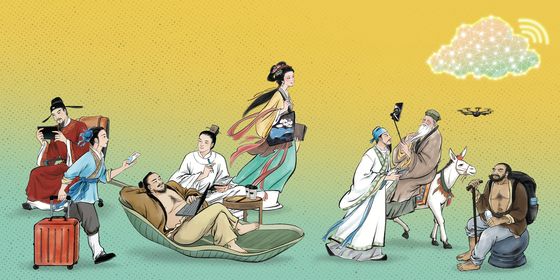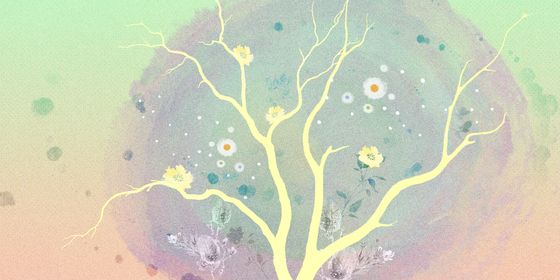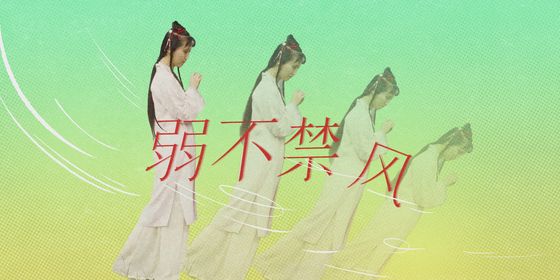Idioms about homesickness before the Chinese New Year
Normally at this time of year, with Spring Festival fast approaching, Chinese people all around the country rush to 抢票 (qiǎng piào, snatch tickets) for trains and flights in order to return to their hometowns to celebrate the holiday with their families.
The Spring Festival travel rush, also known as “spring migration (春运 chūnyùn),” is the largest annual human migration on earth, with nearly 3 billion trips made during the travel peak in 2019.
Of course, things are different this year. To prevent the spread of the Covid-19 virus, “people are advised to stay in their city or workplaces and reduce travel for the holiday as much as they can,” said Zeng Yixin, deputy head of the National Health Commission, during a press conference this month.
Though most can understand the importance of controlling the epidemic, the draw of home in Chinese culture makes it difficult for many people to consider their perhaps only family reunion of the year as “unnecessary.” As the famous Tang dynasty (618 – 907) poet Wang Wei (王维) wrote: “On festive occasions, one thinks of their dear ones far away more than ever (每逢佳节倍思亲 měi féng jiājié bèi sī qīn).”
Throughout Chinese history, many chengyu have been created by nostalgic people to describe their homesickness; perhaps some of these will come in useful for those longing for home during these extraordinary times:
归心似箭 guīxīn-sìjiàn
A mind bent on returning is like an arrow
This chengyu is a metaphor to describe one’s desire to return home. When an arrow leaves the bow, it flies true in one direction until it hits its mark. Homesickness is similar: Once a person thinks of home, nothing but finding a way back will satiate their longing. For example:
He has been away for so long; now, sitting on the train, he is desperate to go home.
Tā líkāi jiā yǐjīng tài jiǔ le, cǐkè zuò zài huǒchē shang, zhēn shì guīxīn-sìjiàn.
他离开家已经太久了,此刻坐在火车上,真是归心似箭。
莼鲈之思 chúnlúzhīsī
Memories of water shield and minced perch
Many Chinese have a fierce attachment to the food of their hometown, and long to be reunited with the tastes of home. The Book of Jin records how a Jin dynasty (265 – 420) scholar named Zhang Han (张翰) from Suzhou was sent to work in the capital, Luoyang, for many years as a government official. One day, when he saw the autumn wind blowing and the falling leaves drifting in the breeze, Zhang suddenly thought of the delicacies from his hometown—water shield (莼 chún) soup and minced perch (鲈 lú). He lamented: “The most important thing in life is being carefree and content. How can I work as an official in a place thousands of miles away from home just for fame and titles?” Soon after, Zhang resigned from office and returned home.
Though many believed homesickness was merely Zhang’s excuse to leave, and that in reality, he didn’t want to be involved in the ongoing political struggle in the Jin capital, his lament resonated with many Chinese scholars in later dynasties. It was summarized into a chengyu, referring to an intention to retire from office and go back home. Nowadays, this idiom is mostly used in writing rather than in ordinary conversation.
He has been living in the capital for 40 years, sometimes it’s unavoidable for him to miss his hometown and want to leave.
Tā yǐjīng zài shǒudū shēnghuó le sìshí nián, yǒushí nánmiǎn yǒu chúnlúzhīsī.
他已经在首都生活了四十年,有时难免有莼鲈之思。
狐死首丘 húsǐ-shǒuqiū
A fox dies with its head toward its den
In Chinese folktales, animals, too, are seen as having deep connections with their homes. It is said that when a fox is dying, it will turn its head toward the hillock where it was born. Qu Yuan (屈原), a famous poet of the Warring States period (475 – 221 BCE), wrote: “Birds fly back to their home nest, and foxes always die with their head toward their den (鸟飞返故乡兮,狐死必首丘 niǎo fēi fǎn gùxiāng xī , hú sǐ bì shǒu qiū).”
Just as a fox is said to die with its head toward the den where it was born, so I want to be buried in my homeland after I die.
Rén shuō húsǐ-shǒuqiū, wǒ sǐ yǐhòu, xiǎng bèi zàng zài jiāxiāng de tǔdì shang.
人说狐死首丘,我死以后,想被葬在家乡的土地上。
落叶归根 luòyè-guīgēn
Falling leaves return to the roots
Though famous Song dynasty (960 – 1279) poet Su Dongpo (苏东坡) said that “My hometown is wherever my heart is settled (此心安处是吾乡 cǐ xīn ān chù shì wú xiāng),” a common Chinese belief is that people who leave their ancestral home will eventually return to their roots. Returning to one’s home is regarded as a happy ending to one’s life.
Like fallen leaves returning to their roots, the old man eventually returned to his hometown and settled down there after several decades overseas.
Zhè wèi lǎo huáqiáo zhōngyú luòyè-guīgēn, huídào le kuòbié shù shí nián de gùxiāng.
这位老华侨终于落叶归根,回到了阔别数十年的故乡。
Of course, this chengyu can also be used in a different context. For example, if a football player is transferred to the club where they first turned professional before retirement, especially after playing for other teams for a long period, Chinese reporters may also use this phrase:
In 2009, Andriy Shevchenko chose to return to Dynamo Kiev, just as falling leaves settle on their roots.
Āndéliè·Shěfǔqínkē zài èr líng líng jiǔ nián xuǎnzé luòyè-guīgēn, chóngfǎn Jīfǔdínàmó.
安德列·舍甫琴科在2009年选择落叶归根,重返基辅迪纳摩。
Cover image from VCG












